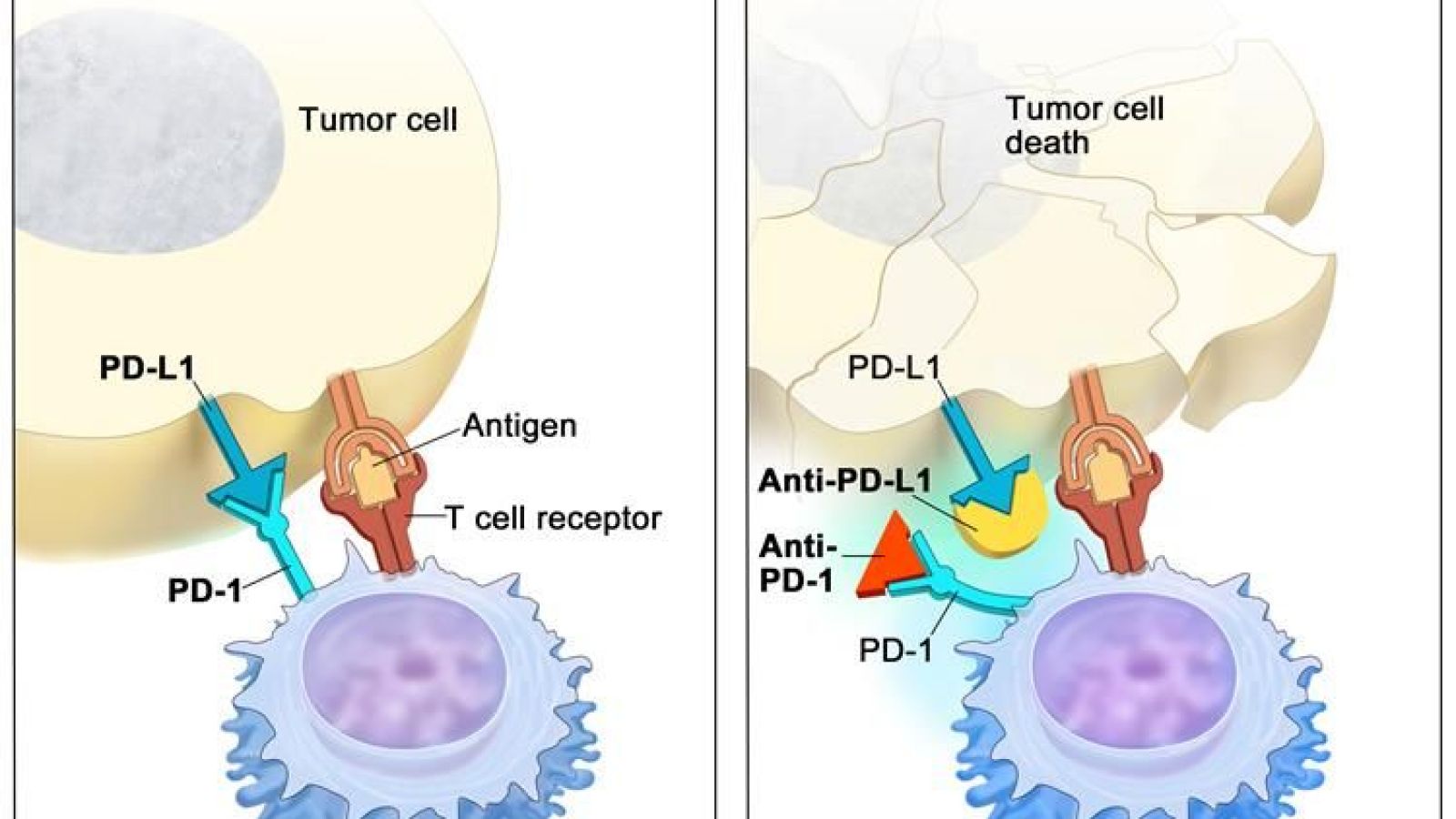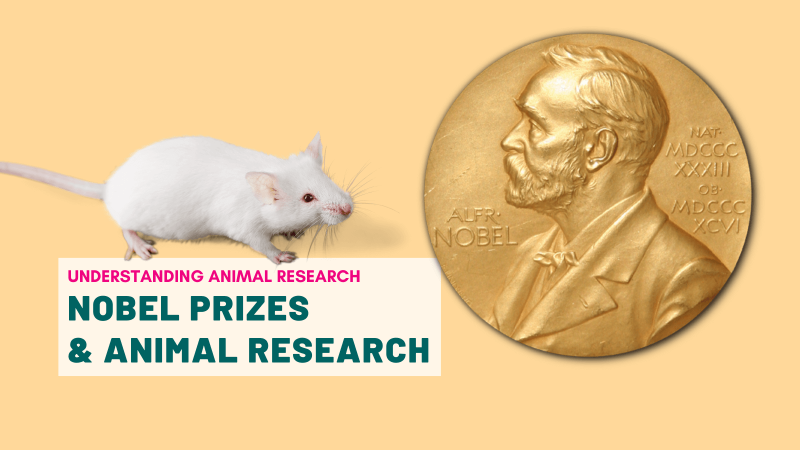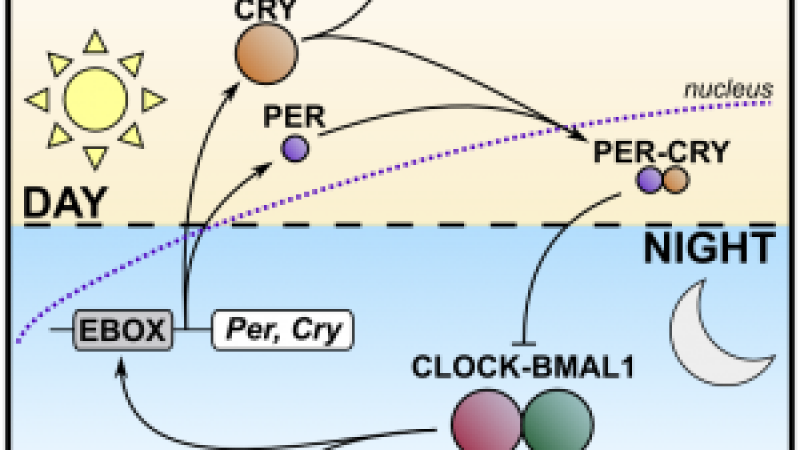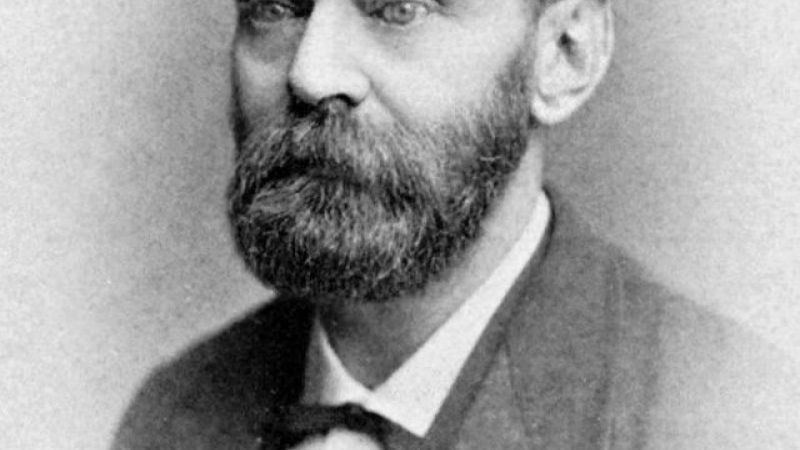Cancer therapy by inhibition of negative immune regulation
The 2018 Nobel Prize in Physiology or Medicine was jointly awarded to James P. Allison and Tasuku Honjo for their discovery of cancer therapy by inhibition of negative immune regulation.
Both worked in parallel to unleash the inherent ability of our immune system to attack tumour cells and established an entirely new therapeutic principle in the fight against cancer. In both cases mice were the primary animal model that showed the potential for people.
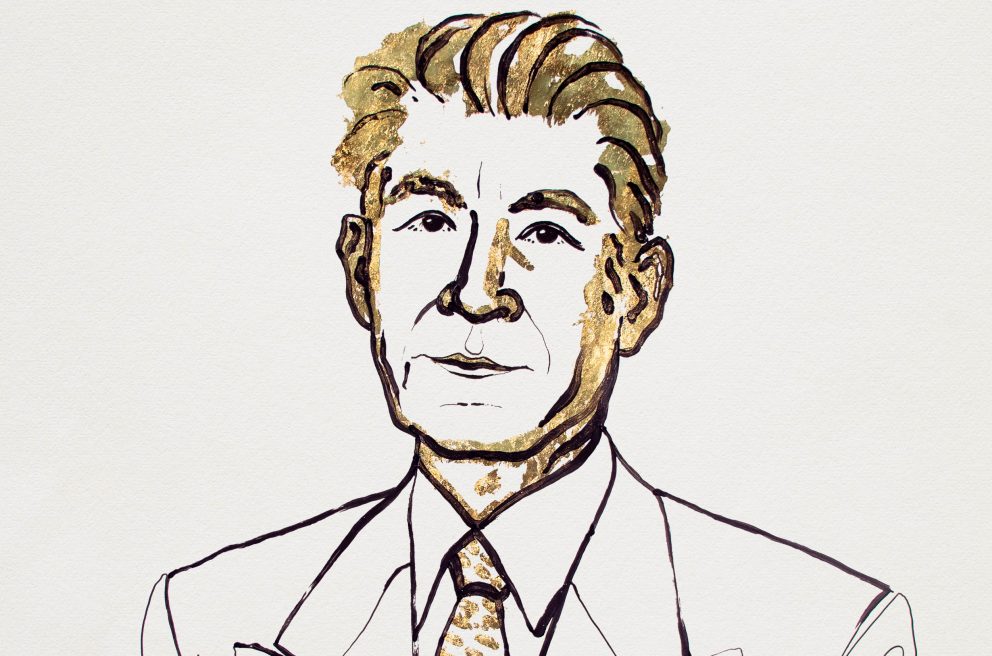
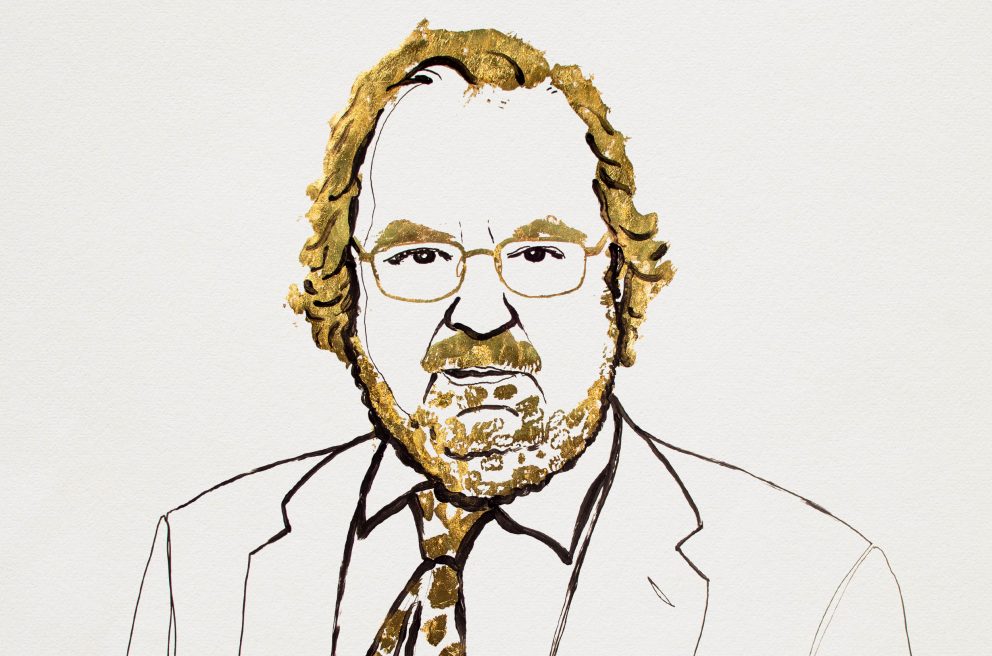
The Royal Swedish Academy of Sciences said, “by stimulating the inherent ability of our immune system to attack tumor cells this year’s Nobel Laureates have established an entirely new principle for cancer therapy.”
T cells, a type of white blood cell, are key players in our body’s defence. In the 80s, researchers discovered T cell receptors that bind to structures recognized as non-self and such interactions trigger the immune system to engage in defence. However, additional proteins on the surface of the T cells, acting as accelerators, must also be engaged to trigger a full-blown immune response.
Researchers equally observed molecules with the opposite function, they instead worked like brakes on the T cells, inhibiting immune activation. This intricate balance between accelerators and brakes is essential for tight control of the immune response. It ensures that the immune system is sufficiently engaged in attacks against foreign microorganisms while avoiding the excessive activation that can lead to autoimmune destruction of healthy cells and tissues.
A novel principle for immune therapy
James P. Allison studied a known protein that functions as a brake on the immune system, CTLA-4. He developed an antibody to CTLA-4 to block the immune system brake. He reasoned that the T cells would be unleashed and become more active and hopefully attack the cancer cells. The key experiment was performed in 1994. The results were spectacular. The mice treated with the anti-CTLA-4 antibody were cured from cancer, while the control mice developed large tumours.
This seminal study represents the birth of a new concept for immunotherapy. Today often referred to as immune checkpoint inhibition. Allison was eager to apply it for the benefit of patients. A small biotech company took on the challenge to produce the human antibody and a few years later the first clinical trial started with 40 patients suffering from metastatic melanoma, the pigmented cancer of the skin. Some of the patients showed striking responses - the tumours shrank, and could even disappear. Such results had never been seen before in this patient group. Despite side effects, the results were positive enough to start a long series of larger trials conducted by clinical colleagues.
Finally, in 2011, the first checkpoint antibody treatment, ipilimumab, was approved by the FDA for inoperable metastatic melanoma. Clinical trials have also shown some benefits of anti-CTLA-4 therapy on lung cancer or pancreatic cancer, specifically in combination with other drugs.
Read more: http://www.animalresearch.info/en/medical-advances/nobel-prizes/2018/
Last edited: 8 March 2022 09:24

